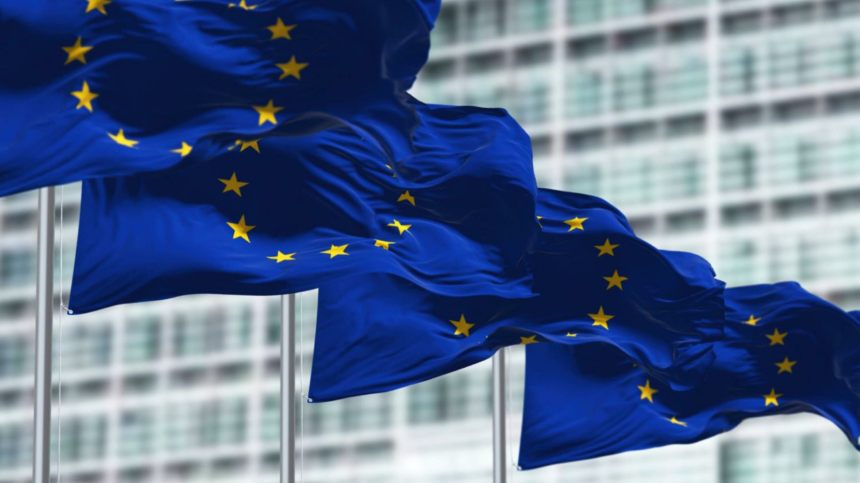Members of the European Parliament (MEPs) have told outgoing European Union envoy Miroslav Lajčak that the EU’s unbalanced approach to the dialogue between Kosovo and Serbia has negatively affected the process.
On January 30, Lajčak held a farewell meeting with MEPs in the European Parliament’s Foreign Affairs Committee, during which he discussed his five-year mandate as the EU’s envoy for the normalization of relations between Kosovo and Serbia.
Sources from Radio Free Europe (RFE) reported that, during the closed-door meeting, most MEPs were critical of the EU’s approach towards the parties in the dialogue and, more broadly, in its relations with states in the region.
It is understood that during the debate, most MEPs expressed concern that the punitive measures the EU imposed on Kosovo, while failing to apply similar measures against Serbia—particularly following the armed attack in Banjska in 2023—had negatively impacted the dialogue mediated by the EU.
In September 2023, a group of armed Serbs attacked the Kosovo Police in Banjska, Zvečan, killing a police officer. During the exchange of fire, three Serbian attackers were also killed.
Kosovo blamed Serbia for the attack, but Belgrade denied involvement. Kosovo has called for the extradition of Milan Radojičić, a former politician and businessman from northern Kosovo who claimed responsibility for the Banjska attack, from Serbia, where he is believed to be. Both the EU and the United States have reiterated their calls for those responsible for the attack to face justice.
During the meeting with Lajčak, MEPs again demanded the removal of the measures imposed on Kosovo in 2023 due to tensions in northern Kosovo, which is predominantly Serb, and called for a more balanced approach from the EU.
Kosovo’s high officials, including President Vjosa Osmani and Prime Minister Albin Kurti, have repeatedly criticized Lajčak and former EU High Representative Josep Borrell for bias in the dialogue, while also calling for the removal of punitive measures.
According to sources, Lajčak agreed with the MEPs’ assessment that the measures against Kosovo should have been lifted, noting that he had called for their removal immediately after the Banjska attack. However, he explained that the decision to lift the measures was not within his authority, but rather a decision for the EU member states.
Lajčak’s mandate will end on Friday, January 31, and on the following day, Danish diplomat Peter Sørensen will begin his mandate as the new envoy for the dialogue.
During his meeting with MEPs, Lajčak stated that the EU must continue to play a leading role in facilitating the dialogue and engaging more broadly in the Western Balkans.
During his five-year tenure as the mediator in the dialogue, the parties reached the Agreement on the Path to Normalization and the Implementation Annex in 2023.
Lajčak, as reported by RFE, acknowledged in the meeting with MEPs that there had been no progress in the implementation of this agreement as he had expected.
The 11-point agreement includes provisions for a level of self-management for the Serb community in Kosovo, mutual recognition of state symbols, a pledge that Serbia will not block Kosovo’s membership in international organizations, and requires both Pristina and Belgrade to implement all previous agreements made during the dialogue.
While both parties agreed to the deal, it was not signed. However, the EU states that the agreement is legally binding for both Kosovo and Serbia.







